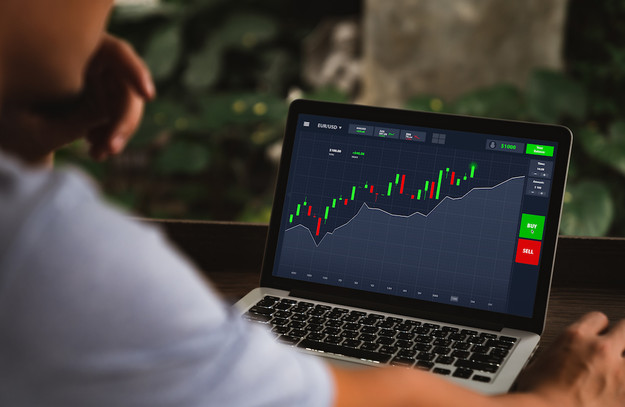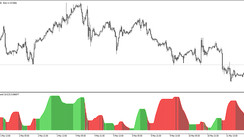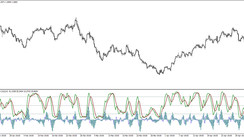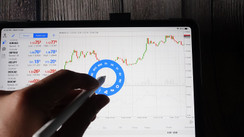Forex brokers are a dime a dozen, and there's never been an easier time to jump in the bandwagon of Forex trading.
With so many forex brokers vying for your business, you might be wondering what should go into choosing one that suits your style of trading best. In this article we'll take a look at five things to consider when finding that perfect broker for you!
1. Regulatory Compliance
A good forex broker is one that has reputable memberships and licenses. One such example would be a member of the National Futures Association (NFA), which sets standards for self-regulation in the futures industry, as well as being registered with Commodity Futures Trading Commission (CFTC) to regulate commodity futures and options markets in America To find out if you're dealing with an NFA member or CFTC regulated brokers, simply scroll down on their website's "About Us" section for either their number or country specific regulator (e.g., in Canada these would include FSCO).
“Though flashy websites may appear trustworthy at first glance, they do not necessarily provide assurance that some information about regulatory matters are being withheld from potential investors” according to broker research firm ForexToStock - so make sure to review this carefully!
2. Account Features
Forex brokers have many account offerings and each has different features. Here are four areas to compare when comparing what type of brokerage is best for your needs: leverage, margin; commissions, spread; initial deposit requirements; ease of deposits & withdrawals.
3. Currency Pairs Offered
There are many different currencies in the world, but only a few get most of the attention. The major pairs to trade include EUR/USD and GBP/USD; these represent two thirds of all forex trading worldwide! And you might want to check if your offer USD/JPY or USDCHF as well - both make up over 40% total volume for currency trades around the globe.
4. Customer Service
Forex trading occurs 24 hours a day, so customer service should be available at any time. The best brokers will have an easy-to-reach person on the other line ready to help you with your needs and answer all of your questions immediately.
5. Trading platform
The trading platform is the investor's portal to the markets. As such, traders should make sure a broker's platform and software comes with all of their needs in order for them to get started off on the right foot - from technical functionality like basic analysis tools and trading order features that help investors manage risk more effectively (like stop loss / limit) as well as educational resources that enable traders better understand the market.
Other considerations include customization options, order entry types, automated trading features and back-testing. Most brokers offer free demo accounts so that traders can try out the platform before opening and funding an account.
The Bottom Line
A lot of research will go a long way if you want to trade in the forex market. Make sure that your broker is a company who has been around for a while and trustable before you make your trading deposit, or else it can be catastrophic.





